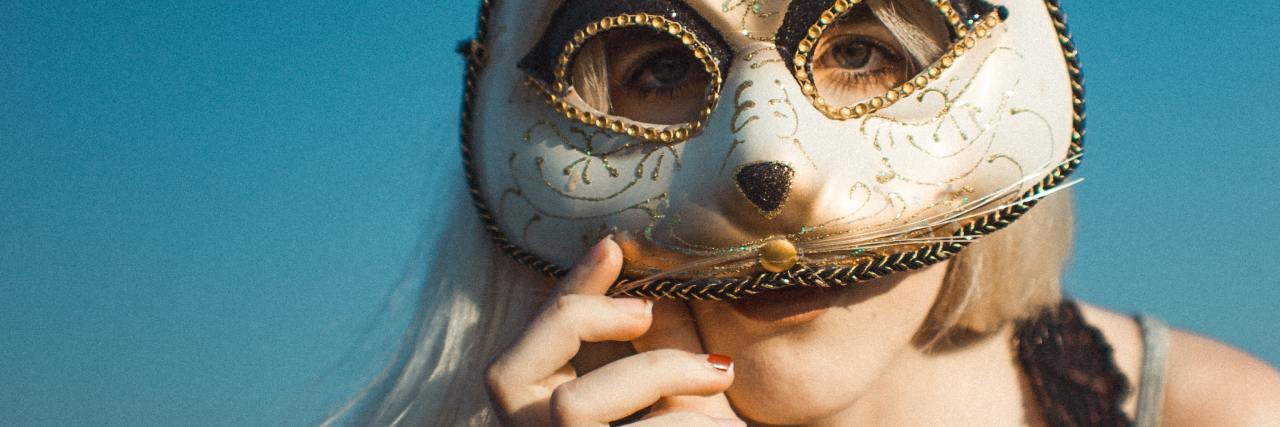The moments leading up to a public event are the worst. As the minutes tick by and I realize there’s no getting out of it, that it’s too late to reschedule or call in sick, I’m filled with dread. The physical symptoms start to consume me — the spinning head, the upset stomach, the heavy breathing that often leads to full-out panic.
By the time I arrive at the event, the shield goes up. My therapist likes to call this the duck on water; the duck is paddling across a lake, its body seemingly gliding effortlessly across the surface while its feet are kicking non-stop below the water, trying to get the duck from point A to point B. I put on a smile, I make conversation, I am polite albeit somewhat shy. It is these things that allow me to disguise myself as a willing participant in any social event. To masquerade as “normal.” But when that fuel meter runs out and I’m left on empty, unable to “fake it till I make it,” the misconceptions are always the same — that I’m too quiet, that I’m rude, that I’m standoffish, that I’m not fun or outgoing or sociable.
Trying to reintroduce myself to the people I’ve known forever as someone with social anxiety disorder wasn’t easy. While many people were receptive and understanding, others didn’t understand the disorder and instead of being open to learning, there was a wall up between us, almost like a denial. I was just shy, or maybe I’m just odd or different. But there couldn’t possibly be something that caused these reactions.
For instance, I am a strong public speaker. In high school and university, I received extremely high marks, even perfect grades on presentations. I was praised for my ease in front of a crowd and my ability to converse rather than recite. It was easy for me to fake it because my whole life was a performance for which I was constantly rehearsing. Every social interaction, from asking a question in a crowded classroom to reciting my coffee order to the Starbucks barista, has always been meticulously practiced. Up until I began therapy, my social presence was divided into two factions: avoidance and robotic performance. I crave perfection so that I don’t have to endure the slightest embarrassment of fumbling on my words or saying the wrong answer in front of a class full of university students. This staged production became my worst enemy and the reason so many people were skeptical of my diagnosis.
I’ve heard it all when it comes to social anxiety disorder stigma. That I don’t “look like I have social anxiety” – whatever mental illness is supposed to look like, I never got the memo. I’ve been told that people with social anxiety disorder never leave the house, so I must be doing fine. While I have struggled with agoraphobia on and off in the past, my anxiety doesn’t disappear simply because I have left home. Social anxiety disorder is accompanied by such heavy stereotyping that even I fell victim to the clichéd image of a socially anxious person. When I was initially diagnosed with generalized anxiety disorder (GAD), I used to tell people that there was no way I could have social anxiety because I didn’t get sick before class presentations.
The stigmatization of mental illness often leaves a heavy mark on those who experience them and prevents many from seeking a diagnosis. My hope for the future is to shed the misconceptions of mental illness and allow for diverse stories that illuminate the differences in mental health experiences so that people who are suffering are able to see themselves and seek the help they need and deserve.
Photo by shannon VanDenHeuvel on Unsplash

